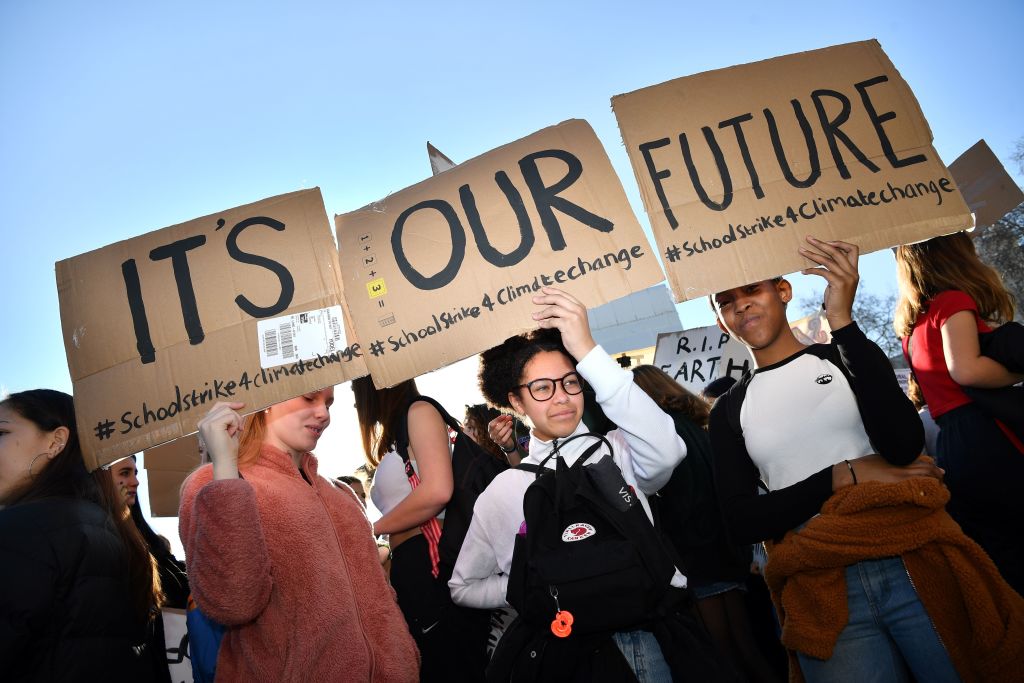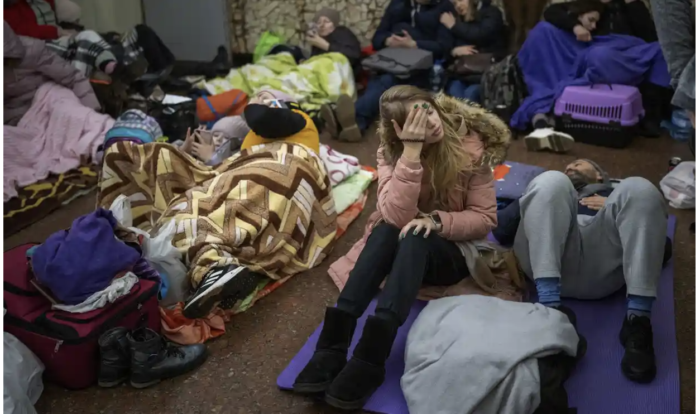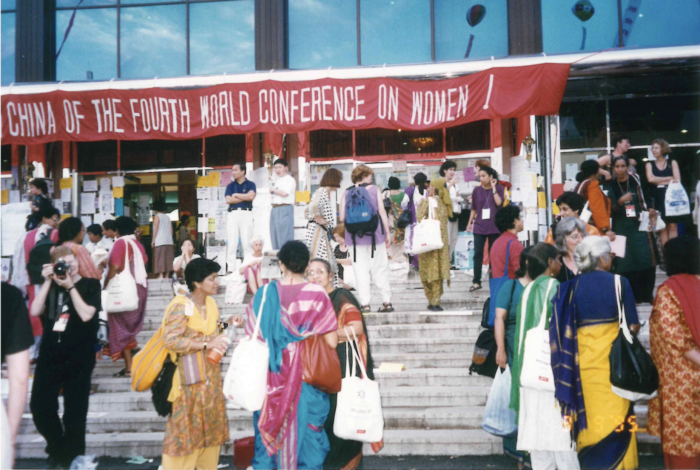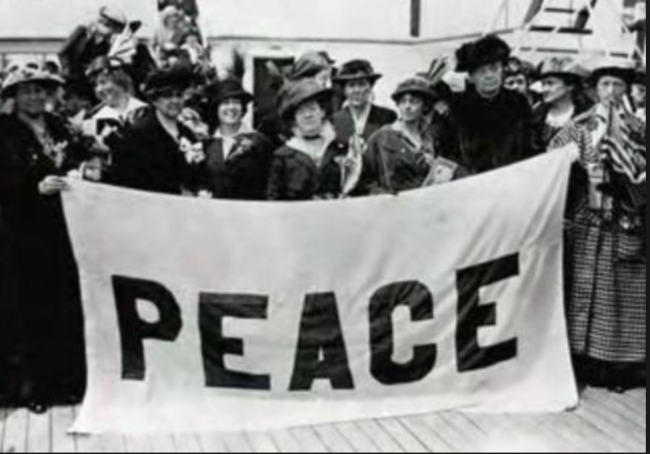Saturday morning, NPR was playing in the background while I rummaged in my refrigerator for something to eat for breakfast. I wasn’t paying much attention until the program played an interview with Dr. Aaron Carroll, a professor of Pediatrics at Indiana University, who, for the past two years, was part of the Covid research effort. When I heard him say that Covid had changed his life, I stopped puttering to sit down and listen.
Dr. Carroll described how working around the clock led to an epiphany, where he decided to cut back on his work to reorder his life around “what really matters.” For him, it was “more time with family and friends,” and joining in “collective actions as part of a shared community.”
I took his words to heart, wondering how my life would be different if I did a similar reset. How could I alter my routine to reflect “what really matters”?
As I tried to gather my thoughts about what matters most to me, my mind wandered to families in the Ukraine enduring family separations and the losses of loved ones. What mattered most to them was just being together. At moments like these, material comforts take a backseat to being together in a safe place, not threatened by approaching aircraft and fears of being killed.
What would I want to say to those close to me, if I faced the possibility we might be separated by war?
I would want them to know how much I love them, how sorry I was for my thoughtless behaviors. I don’t have to wait. I can start right away to offer expressions of caring and affirmations.
In the past my positive intentions often fly out the window. To avoid this outcome, I made a list of what I can do to bolster my close connections. For starters, I plan to send monthly love notes to my sons, daughter-in-law, and teen-age grandkids in the form of a card with handwritten statements of gratitude.
To augment my close relationships, I will practice respectful listening where I refrain from making judgments or interrupting the other. I tend to jump in when something is said that mirrors a similar experience of mine, but this behavior can interrupt someone’s story. No matter how well I know someone, there’s always more to learn when I put my ego aside.
When I think of the future, I worry a lot about how climate change is being accelerated by Biden’s efforts to up our oil production in the wake of losing the Russian oil market. Clearly now is the time to invest in alternative green energy sources. I will look for ways to get involved with green energy activists in my state of Maine.

Young demonstrators hold placards as they attend a climate change protest opposite the Houses of Parliament in central London on February 15, 2019.
With war fanatics grabbing the headlines, peace negotiations become more important than ever. While I’ve sent money to relief organizations providing aide for Ukrainian refugees, I want to reach out to local and national peace groups for ways to become involved with them. We desperately need a re-energized anti-war movement.
I will never forget attending the UN Women’s Conference in Beijing in 1995. I experienced firsthand the power of women across the globe to join hands in their concerns for world peace. Let’s bring back this conference.
Let’s start at home by organizing a peace conference that attracts American woman of all ages, races, and ethnic backgrounds. Let’s pressure the White House to make peace negotiations a priority over an escalating military budget. Women peacemakers may be the world’s best hope, but time is running out.




